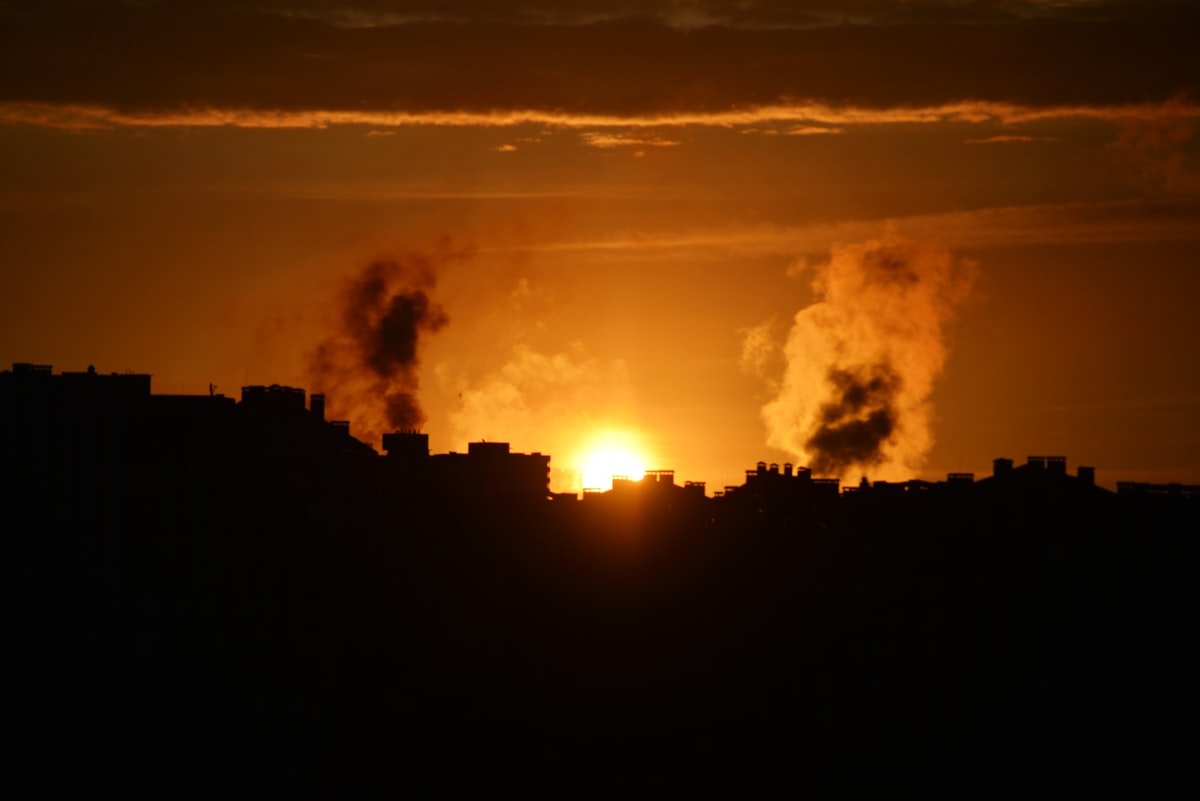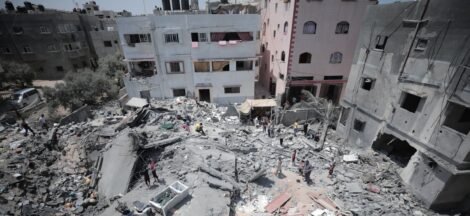57 Killed in Gaza in 24 Hours as Israel Withdraws from Ceasefire Talks
The recent escalation of Gaza ceasefire violence has left at least 57 Palestinians dead within just 24 hours, marking one of the deadliest periods in the conflict since early 2025. The surge in casualties comes as Israel officially withdraws from ceasefire negotiations, further destabilizing the region and deepening humanitarian concerns. The breakdown in talks has reignited fears of prolonged Gaza ceasefire violence, with international mediators struggling to broker a new agreement.
Escalation of Violence Following Failed Ceasefire Negotiations
The collapse of ceasefire talks has led to intensified military operations across Gaza, with airstrikes and ground clashes causing widespread destruction. Reports indicate that residential areas, hospitals, and refugee camps have been heavily impacted, exacerbating the already dire humanitarian crisis. The United Nations has condemned the surge in Gaza ceasefire violence, calling for an immediate halt to hostilities to prevent further civilian casualties.
Eyewitness accounts describe scenes of chaos, with emergency services overwhelmed by the scale of destruction. Local hospitals, already operating at limited capacity due to previous attacks, are struggling to treat the influx of wounded. Medical supplies are running critically low, and power outages have further complicated rescue efforts. The international community has urged both sides to de-escalate, but with Israel withdrawing from negotiations, hopes for a swift resolution are fading.
Humanitarian Crisis Deepens Amid Renewed Conflict
The latest wave of violence has worsened an already catastrophic humanitarian situation in Gaza. Over 80% of the population relies on aid for survival, and the destruction of infrastructure has left thousands without access to clean water, food, or medical care. Humanitarian organizations warn that the continued Gaza ceasefire violence could push the region into an even deeper crisis, with famine and disease becoming imminent threats.
Displacement has also reached alarming levels, with families forced to flee multiple times as fighting spreads. Makeshift shelters are overcrowded, and sanitation conditions are deteriorating rapidly. The UN Relief and Works Agency (UNRWA) has appealed for urgent funding to support displaced civilians, but donor fatigue and political divisions have slowed response efforts. Without an immediate ceasefire, experts fear the death toll will continue to rise.
International Reactions and Calls for De-escalation
Global leaders have expressed alarm at the rapid deterioration of the situation, with many calling for renewed diplomatic efforts to halt the Gaza ceasefire violence. The United States, while reaffirming its support for Israel’s security, has urged restraint and a return to negotiations. European Union officials have also pressed for an immediate cessation of hostilities, warning that further escalation risks destabilizing the broader Middle East.
Meanwhile, Arab nations have condemned Israel’s withdrawal from ceasefire talks, accusing it of undermining peace efforts. Egypt and Qatar, key mediators in previous negotiations, are reportedly working behind the scenes to revive dialogue, but progress remains uncertain. The lack of a unified international stance has complicated efforts to pressure both sides into a truce, leaving civilians caught in the crossfire.
The Path Forward: Can Ceasefire Talks Resume?
With violence showing no signs of abating, the question remains whether a new round of negotiations can be initiated. Analysts suggest that both Israel and Hamas face significant political pressures that may hinder compromise. Hardline factions within Israel’s government oppose concessions, while Hamas insists on a complete withdrawal of Israeli forces as a precondition for talks. The deadlock leaves little room for optimism, raising fears of a protracted conflict.
Some experts argue that third-party intervention may be the only viable solution, with the potential for a UN-backed peacekeeping mission or stronger sanctions to force compliance. However, geopolitical rivalries and veto powers in the Security Council make such measures unlikely in the near term. For now, civilians in Gaza continue to bear the brunt of the Gaza ceasefire violence, with no clear end in sight. You might also find our article about trump scotland golfing amid epstein questions helpful.

Conclusion: A Desperate Need for Immediate Action
The latest surge in Gaza ceasefire violence underscores the urgent need for renewed diplomatic efforts to prevent further loss of life. With civilian casualties mounting and humanitarian conditions worsening, the international community must act swiftly to pressure both sides back to the negotiating table. Without decisive intervention, the cycle of violence threatens to spiral into an even greater catastrophe, with long-lasting repercussions for the region and beyond.
The world cannot afford to look away as Gaza descends further into chaos. The time for action is now—before more lives are lost and the path to peace becomes even more elusive.




 Trump Frustrated with Putin, Shortens Ukraine Ceasefire
Trump Frustrated with Putin, Shortens Ukraine Ceasefire